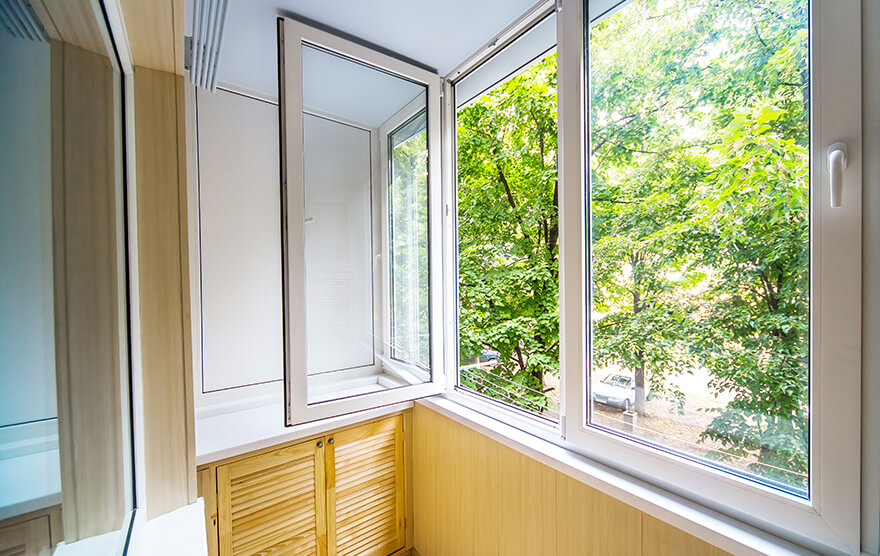Choosing the right type of window glass is essential for enhancing your home’s functionality, safety, and aesthetics. With various options available, understanding the different types of window glass you should know about can help you make informed decisions that suit your needs and preferences.
Understanding the Basics of Window Glass
Window glass serves multiple purposes, including insulation, security, noise reduction, and visual appeal. The type of glass used impacts the overall performance of your windows. Whether you’re replacing old windows or installing new ones, knowing the options available can streamline your selection process.
Common Types of Window Glass
Float Glass
Float glass is the most common and basic type of window glass. Produced by floating molten glass on a bed of molten metal, it offers a smooth surface and clarity. While affordable and widely used, float glass provides minimal insulation, so it’s suitable for standard applications where energy efficiency is not a primary concern.
Tinted Glass
Tinted glass contains metallic or chemical coatings that reduce glare and improve energy efficiency by blocking some sunlight. It’s ideal for homes in sunny climates, as it helps keep interiors cooler while reducing fading of furniture and fabrics.
Low-E Glass
Low-E (Low Emissivity) glass features a special microscopically thin coating that reflects infrared light, helping to keep heat inside during winter and outside during summer. This makes it a popular choice for energy-efficient homes, reducing heating and cooling bills.
Tempered Glass
Tempered glass is heat-treated for increased strength and safety. When broken, it shatters into small, blunt pieces rather than sharp shards, making it ideal for areas prone to impact, such as doors and large windows.
Laminated Glass
Laminated glass consists of two or more layers of glass bonded with an interlayer, usually polyvinyl butyral (PVB). This type of glass provides excellent security, as it holds together when shattered, and also offers UV protection and noise reduction. It’s perfect for panes in high-traffic areas or homes with safety concerns.
Reflective Glass
This type of glass has a reflective coating that enhances privacy and reduces heat transfer. It gives windows a mirror-like appearance on the exterior, especially effective for commercial buildings and homes in busy areas.
Factors to Consider When Choosing Window Glass
When selecting the appropriate glass, consider factors such as climate, energy efficiency, safety, privacy needs, and budget. Consulting with a professional or visiting trusted sources like the homepage of Lifefie can provide valuable insights and options tailored to your home’s requirements.
Conclusion
Understanding the different types of window glass can significantly impact your home’s comfort, energy bills, and safety. To learn more about the various options and make the best choice for your project, explore the comprehensive guide on types of window glass you should know. Equipping yourself with this knowledge ensures your windows meet your specific needs and enhance your living space for years to come.
